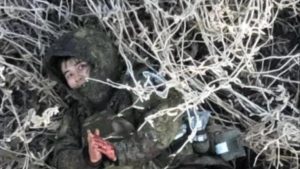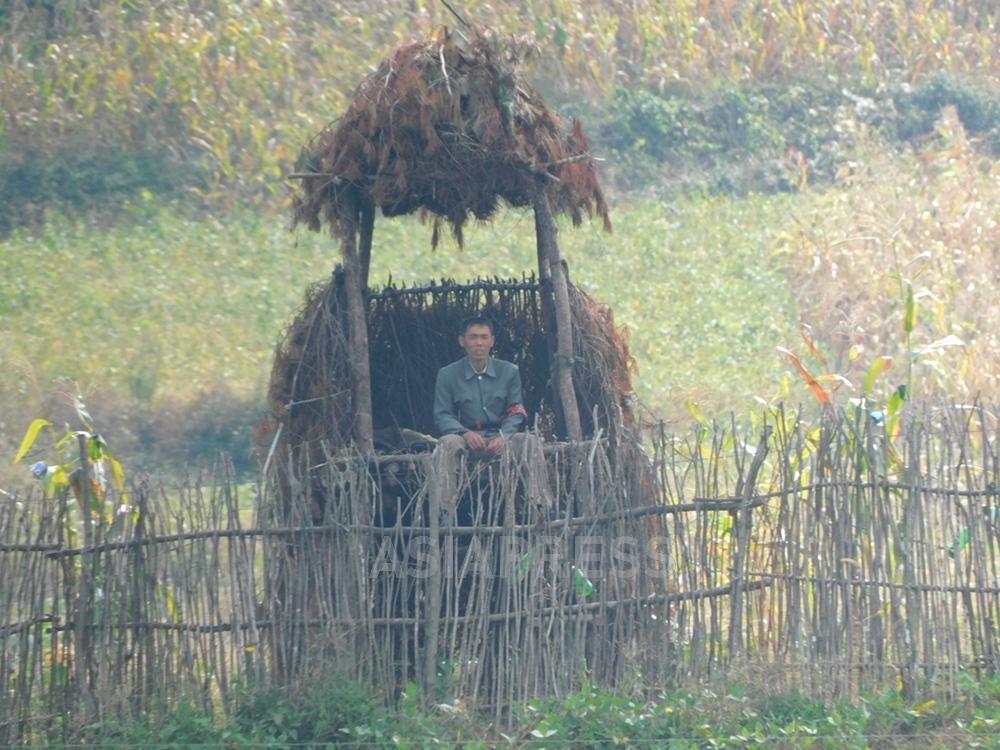
North Korea's agricultural policies, introduced to overcome food shortages, are instead leading to 'increased control' that dampens farmers' motivation. All food must be traded only through state-run 'grain sales stores,' and private transactions are reportedly treated as 'reactionary' activities. There are also signs of policy withdrawals and resulting confusion. (JEON Seong-jun / KANG Ji-won)
◆ Farmers Who Trade Food Privately Are Treated as Reactionaries
North Korea appears to be implementing strict control over food distribution alongside its new agricultural policies.
In March 2024, reporting partner B in North Hamgyong Province investigated surrounding rural areas and reported:
"Rice and corn must only be traded at grain sales stores, and even if individuals have some in their possession, they're required to sell it on consignment only through grain sales stores. Personal transactions are illegal, and they're warning that if caught, the grain will be confiscated and legal punishment may follow."
Grain sales stores are state-operated food monopoly stores. These controls appear intended to prohibit food transactions between individuals and place all grain distribution strictly under state control.
The intensity of these controls increased as fall approached last year.
In September 2024, farmer A in North Hamgyong Province said that until last year (2023), the practice of urban residents lending money to rural farmers during the spring hunger season and receiving food in autumn was maintained, but this year it's nearly impossible.
"As fall arrives, food leaving rural areas is treated as stolen goods, and private transactions are almost treated as reactionary activities. They've set up military posts and Worker-Peasant Red Guards posts in two or three layers around farms, completely blocking private food distribution."
The Worker-Peasant Red Guards are North Korea's civilian reserve military organization. By mobilizing them alongside regular troops to strongly control food leaving rural areas, the regime appears to be trying to more thoroughly implement its policy that food can only be distributed by the state.
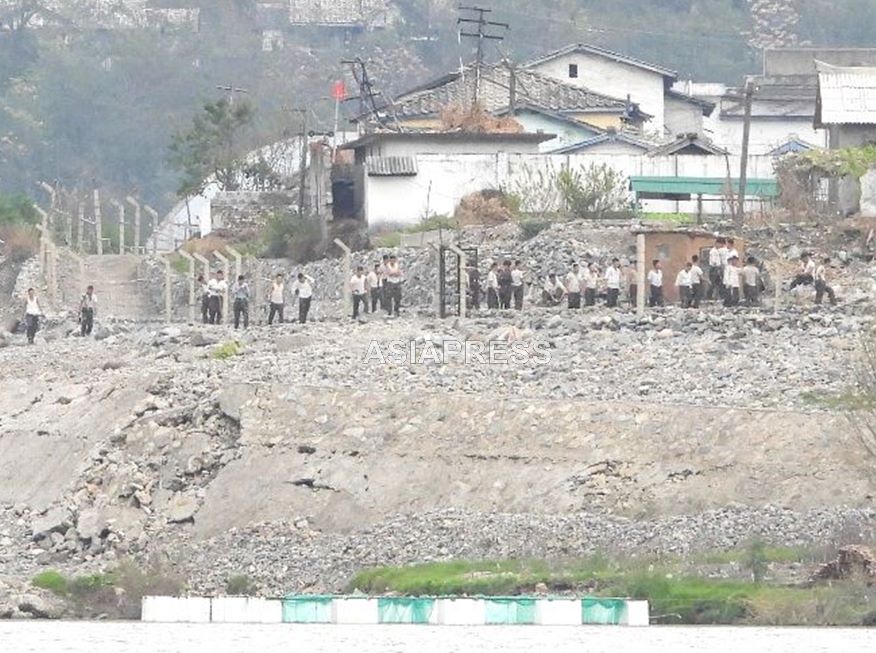
◆ Private Trading of Farming Materials Also Prohibited
Not only food but also farming materials have become subject to strict control.
In June 2024, B reported that the buying and selling of farming materials such as fertilizers and pesticides supplied to farms were thoroughly cracked down on:
"It's become difficult for individuals to buy even a handful of fertilizer to spread on their garden plots. Private trading of farming materials is prohibited, and even if someone occasionally sells them, they're confiscated unless the sales source is disclosed."
This appears to be an attempt to prevent farming materials intended for farm production from flowing into private hands, which would reduce farm production and ultimately disrupt the fulfillment of state plans.
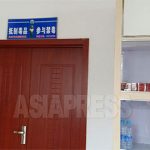
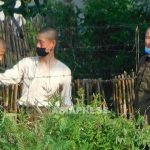
![<Inside N. Korea> The Deteriorating Plight of the People (1) Residents Impoverished by Excessive Coronavirus Quarantine Measures [ISHIMARU Jiro]](https://www.asiapress.org/rimjin-gang/wp-content/uploads/2021/07/202107-dandong-04_logo-150x150.jpeg)
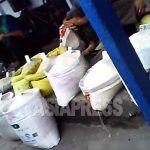
![[Video Report] The hidden homeless of Pyongyang](https://www.asiapress.org/rimjin-gang/wp-content/uploads/2016/12/1010-150x150.jpg)











